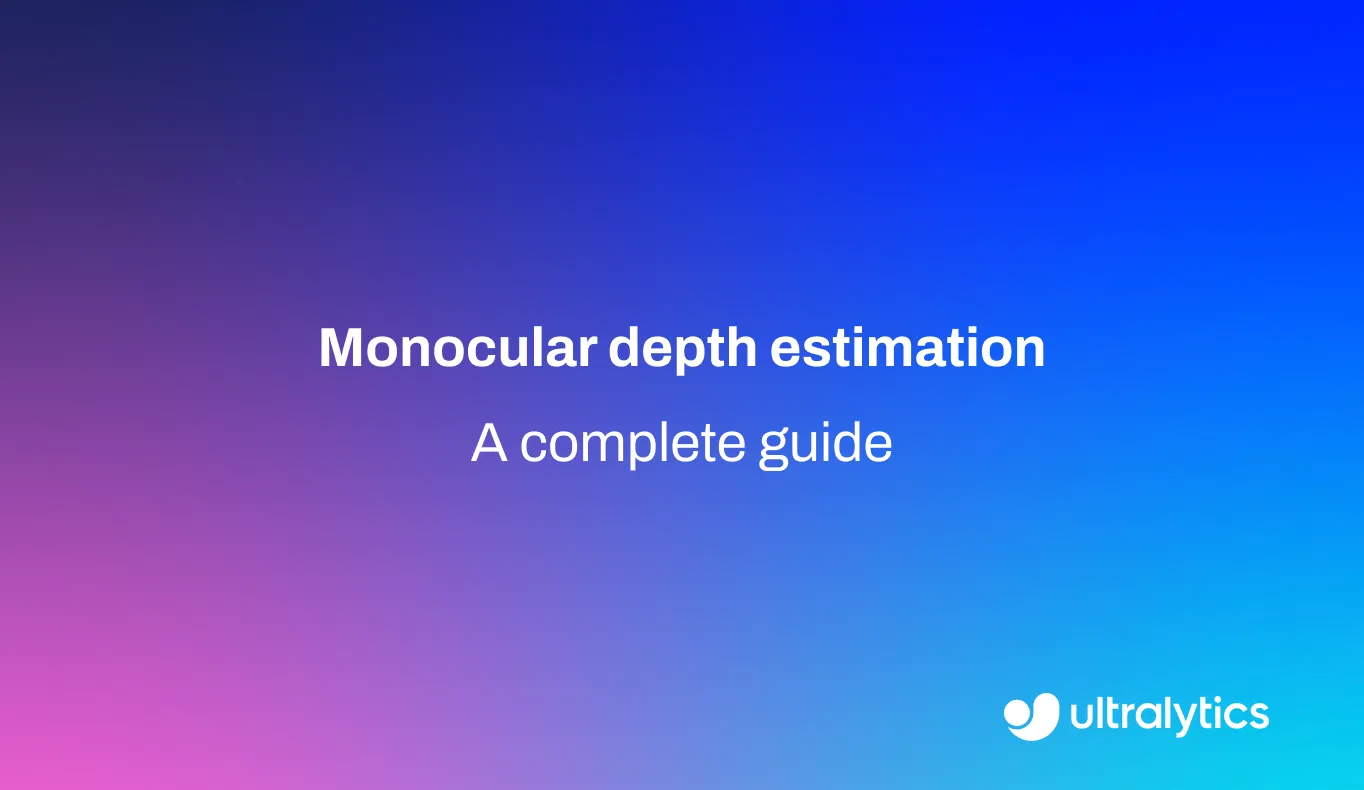AI Ethics
Learn the core principles of AI Ethics to build responsible systems. Explore fairness, transparency, and safety using Ultralytics YOLO26 and our new Platform.
AI Ethics is a multidisciplinary field comprising the moral principles, guidelines, and policies that govern the
responsible design, development, and deployment of
Artificial Intelligence (AI)
technologies. As systems powered by
Machine Learning (ML) and
Computer Vision (CV) become increasingly
autonomous and integrated into critical infrastructure, the need to ensure they operate safely and fairly has become
paramount. The primary objective of AI ethics is to maximize the societal benefits of these powerful tools while
minimizing harm, preventing discrimination, and ensuring alignment with human rights and legal frameworks like the
European Union AI Act.
Core Principles of Responsible AI
To build trust and ensure reliability, organizations and developers often adopt ethical frameworks. Key pillars
championed by bodies like the OECD AI Principles and the
NIST AI Risk Management Framework include:
-
Fairness and Non-Discrimination: AI models must not propagate or amplify social inequalities. This
involves actively mitigating Algorithmic Bias,
which often stems from unrepresentative
training data. For example, a facial recognition
system must perform accurately across all demographic groups to uphold
Fairness in AI.
-
Transparency and Explainability: The complexity of
Deep Learning (DL) can make decision-making
opaque. Transparency in AI ensures users know
when they are interacting with an automated system. Additionally,
Explainable AI (XAI) techniques help
developers and auditors understand how a model arrives at a specific prediction.
-
Privacy and Data Governance: Respecting user rights is critical. Ethical AI mandates strict
Data Privacy protocols, ensuring data is collected
with consent. Tools available on the Ultralytics Platform help teams
manage datasets securely, often employing anonymization techniques during
Data Annotation to protect individual identities.
-
Safety and Accountability: AI systems must function securely and predictably.
AI Safety focuses on preventing unintended behaviors,
ensuring that robust models like
Ultralytics YOLO26 operate reliably even in edge cases.
Developers remain accountable for the system's outcomes throughout its lifecycle.
Real-World Applications
Ethical considerations are practical requirements that shape modern AI deployment across various industries.
-
Healthcare and Diagnostics: In
AI in Healthcare, ethical guidelines ensure
that diagnostic tools assist doctors without replacing human judgment. For instance, when using
object detection to identify tumors in medical
imaging, the system must be rigorously tested for false negatives to prevent misdiagnosis. Furthermore, patient data
must be handled in compliance with regulations like HIPAA or GDPR.
-
Financial Lending: Banks use
predictive modeling to assess
creditworthiness. An ethical approach requires auditing these models to ensure they do not deny loans based on
proxies for race or gender (redlining). By using
Model Monitoring tools, financial institutions
can track "fairness drift" over time to ensure the algorithm remains equitable.
Distinguishing AI Ethics from Related Concepts
It is helpful to differentiate AI Ethics from similar terms in the ecosystem:
-
AI Ethics vs. AI Safety: AI Safety is
a technical discipline focused on engineering systems to prevent accidents and ensure control (e.g., solving the
alignment problem). AI Ethics is the broader moral framework that dictates why safety is necessary and what
societal values the system should uphold.
-
AI Ethics vs. Bias in AI: Bias refers
to a systematic error or statistical skew in a model's output. Addressing bias is a specific sub-task of ethical AI.
While bias is a technical flaw, ethics provides the normative judgment that makes bias unacceptable.
Implementing Ethical Checks in Code
While ethics is philosophical, it translates into code through rigorous testing and validation. For example,
developers can use the ultralytics package to evaluate model performance across different subsets of data
to check for consistency.
from ultralytics import YOLO
# Load the latest YOLO26 model
model = YOLO("yolo26n.pt")
# Validate on a specific dataset split to check performance metrics
# Ensuring high accuracy (mAP) across diverse datasets helps mitigate bias
metrics = model.val(data="coco8.yaml")
# Print the Mean Average Precision to assess model reliability
print(f"Model mAP@50-95: {metrics.box.map}")
Moving Toward Responsible AI
Integrating ethical principles into the development lifecycle—from
data collection to
deployment—fosters a culture of responsibility. Organizations like the
IEEE Global Initiative on Ethics
and the Stanford Institute for Human-Centered AI (HAI) provide resources to
guide this journey. Ultimately, the goal is to create
Human-in-the-Loop systems that
empower rather than replace human judgment, ensuring technology serves humanity effectively.










.webp)